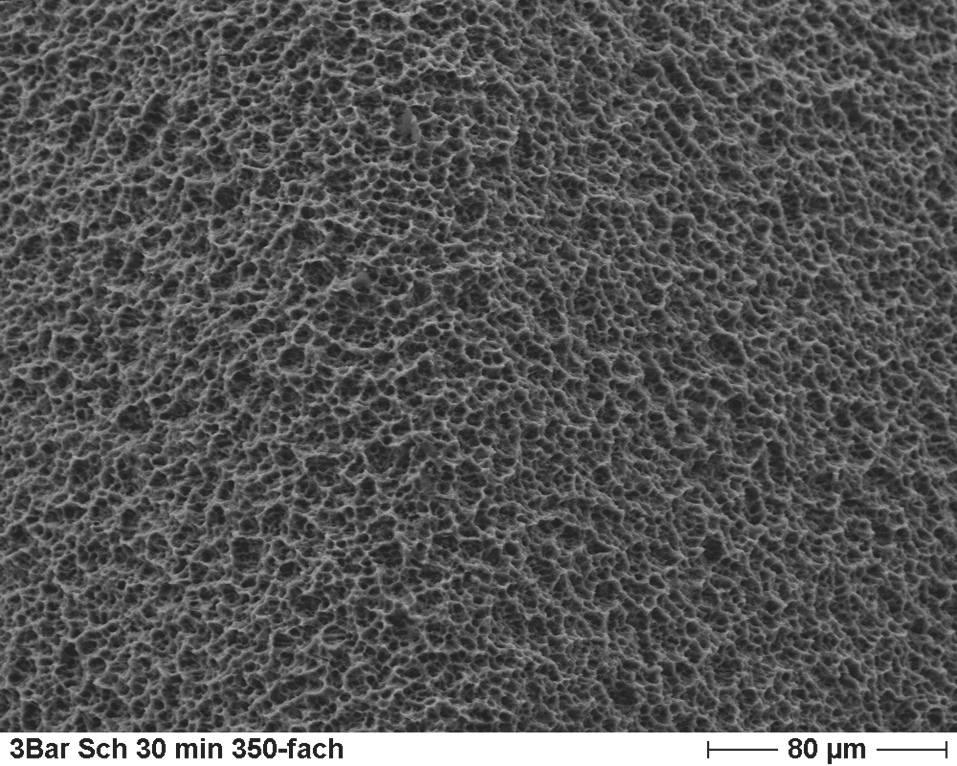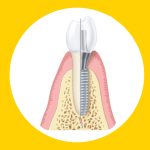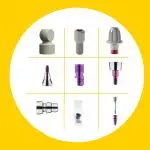Blog
Why Titanium Grade 4 Is The Go-To Material for Dental Implants

The discovery and application of Titanium Grade 4 (G4) in dentistry marked a significant breakthrough in the field of dental implants. Titanium itself was first isolated in 1791, but it wasn’t until the mid-20th century that its remarkable properties were fully recognized for medical use, particularly in dental and orthopedic implants.
By the 1960s, researchers had discovered titanium’s unique ability to integrate with bone tissue, a phenomenon known as osseointegration. This discovery led to the material’s growing popularity in the dental field. Among the various grades of titanium, Titanium G4 emerged as a superior option due to its optimal balance of strength, durability, and biocompatibility. Its high resistance to corrosion and excellent mechanical properties made it an ideal candidate for dental implants, setting the foundation for its widespread use in modern implantology.
Titanium G4’s ability to bond with bone and withstand the stresses of the oral environment has revolutionized tooth replacement treatments, providing a long-lasting and reliable solution for patients with missing teeth.
In this blog post, we will explore what makes Titanium G4 such an ideal material for dental implants, its benefits, and why it remains a top choice for both dental professionals and patients.
What is Titanium G4?
Titanium, as an element, is known for its strength, corrosion resistance, and biocompatibility. Titanium Grade 4 is a commercially pure form of titanium but with superior mechanical strength compared to other grades. The material’s composition includes trace amounts of oxygen, nitrogen, hydrogen, and carbon, giving it its unique properties.
The key characteristics that make Titanium G4 stand out include:

High Strength:
Titanium G4 offers excellent mechanical strength and is significantly more durable than other grades like Titanium G1 and G2.
Corrosion Resistance:
It resists corrosion better than most materials, even in the hostile environment of the human body.
Biocompatibility:
Titanium is highly biocompatible, meaning it is not toxic to living tissue and promotes bone growth around the implant, a process known as osseointegration.
Lightweight:
Despite its strength, Titanium is a lightweight material, ensuring patient comfort over the long term.
Why Titanium G4 is the Best Choice for Dental Implants
- Superior Osseointegration
One of the most critical factors for dental implants is the material’s ability to bond with the jawbone, a process called osseointegration. Titanium G4 is well-known for this property. Over time, the bone fuses with the titanium implant, providing a stable foundation for the dental prosthesis. This results in a more natural and secure fit for the patient.
- High Strength and Durability
As a Grade 4 material, Titanium offers higher tensile strength than its lower grades (G1-G3). This means it can withstand greater force, which is essential given the pressure and mechanical stress that dental implants experience during chewing and biting. The higher strength also ensures that implants made from Titanium G4 last longer, with some lasting up to 25 years or more with proper care.
- Corrosion Resistance
The oral environment is particularly challenging for metals due to the constant presence of moisture and fluctuating pH levels. Titanium G4 resists corrosion exceptionally well, maintaining its integrity and functionality over time. Its resistance to corrosion is crucial in preventing potential failures or complications, like infections caused by material degradation.
- Hypoallergenic Properties
Many patients are concerned about allergic reactions to metals, especially in dental applications. Titanium is a hypoallergenic material, meaning it’s less likely to cause an allergic reaction compared to other metals like nickel or cobalt-chromium alloys. This makes Titanium G4 a safer option for a wider range of patients.
- Lightweight and Comfortable
Patients benefit from Titanium G4’s lightweight nature. Once the implant is placed, it doesn’t feel heavy or intrusive, providing comfort comparable to a natural tooth. The patient’s experience is enhanced by this lightweight yet strong characteristic, especially for those who require multiple implants.
- Long-Lasting Solution
Dental implants are an investment, and patients want a long-term solution. Titanium G4’s combination of strength, corrosion resistance, and biocompatibility ensures that the implant will serve patients for many years. With proper oral care, it can provide a stable, functional tooth replacement for decades.
The Manufacturing and Shaping Process of Titanium G4 Implants
Titanium G4 implants undergo a meticulous manufacturing process to ensure high standards of quality and performance. The steps include:
Milling and Machining:
After titanium G4 is sourced, it is machined into precise implant shapes.
Surface Treatment:
The implant surface is treated to create a rough texture, encouraging bone cells to grow on and integrate with the implant more effectively. This is a critical step for improving osseointegration.
Sterilization:
Before the implant reaches the dentist, it is thoroughly sterilized to prevent infections or complications during implantation.
Conclusion: Why Titanium G4 is the Optimal Choice
Dental implants made from Titanium Grade 4 have transformed the field of restorative dentistry, providing a safe, strong, and long-lasting option for patients with missing teeth. Its superior osseointegration properties, durability, and resistance to corrosion make it a clear favorite for dental professionals worldwide.
For patients considering dental implants, knowing that their implant material has been carefully chosen for its excellent performance in the human body offers great peace of mind. With **Titanium G4**, patients can expect a highly functional, comfortable, and lasting dental restoration that enhances both their smile and quality of life.


 Implant
Implant Prosthetics
Prosthetics Cone Connection
Cone Connection Mini Implants
Mini Implants Accessories
Accessories Surgery
Surgery